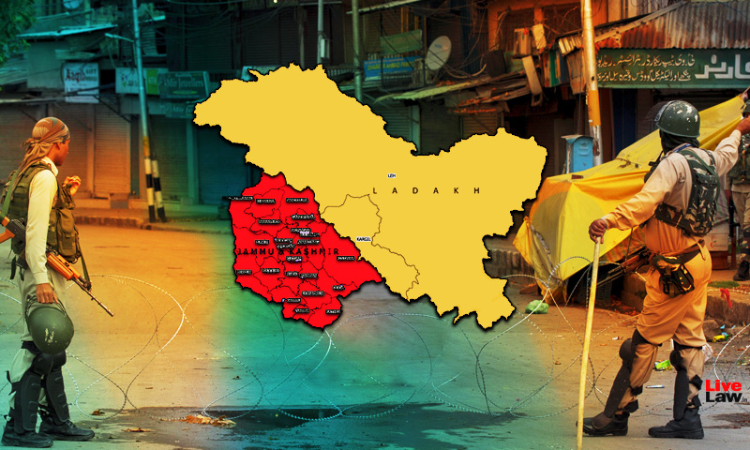Delhi High Court Denies Bail To Man Booked Under UAPA In J&K Larger Conspiracy Case
Parina Katyal
23 Sept 2023 8:30 AM IST

Next Story
23 Sept 2023 8:30 AM IST
The Delhi High Court on Friday dismissed an appeal against the Trial Court order denying bail to Suhail Ahmad Thokar, one of the accused charged under the Unlawful Activities (Prevention) Act, 1967 (UAPA), in connection with the Jammu and Kashmir “larger conspiracy” case post revocation of Article 370 of the Constitution of India.The court observed that several pieces of evidence...
